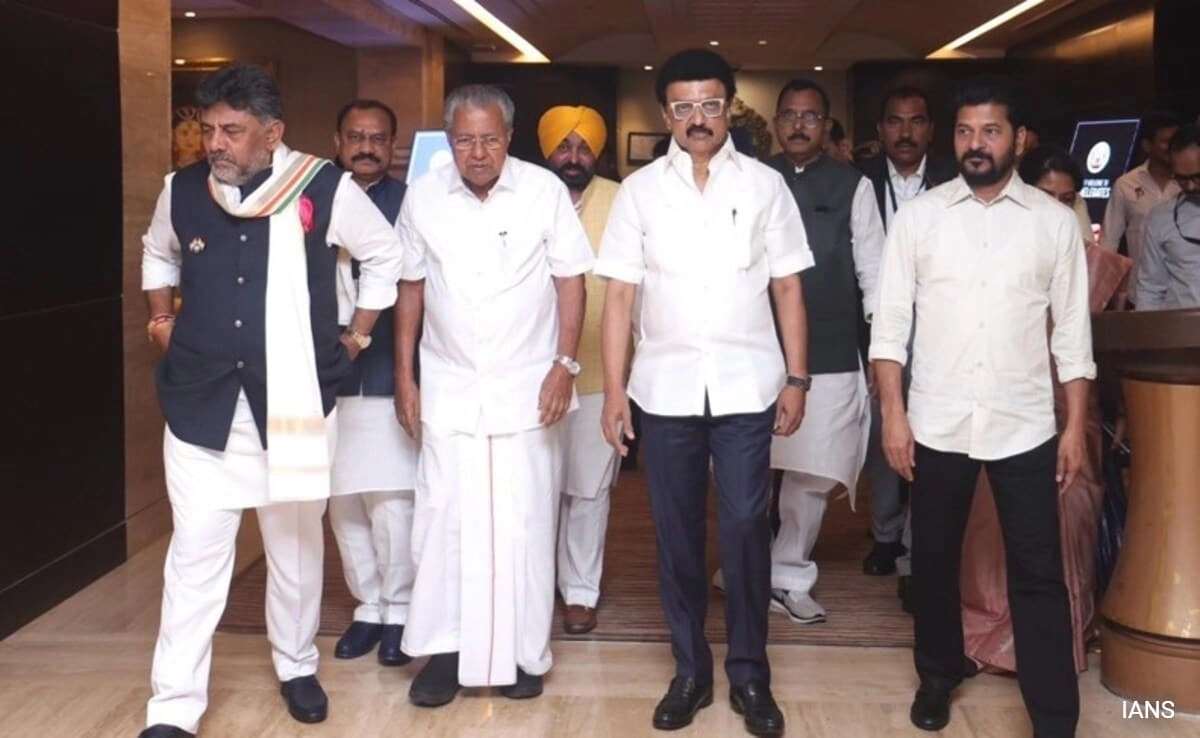In the ongoing political landscape of Tamil Nadu, Chief Minister MK Stalin’s push for delimitation has sparked significant debate and concern among his allies. Delimitation, the process of redrawing the boundaries of electoral constituencies, is a crucial aspect of ensuring fair representation in the democratic system. However, Stalin’s proposal has been met with a warning from one of his key allies, who likened the situation to the “Sword of Damocles.” This metaphor highlights the precarious nature of political alliances and the potential repercussions that such a move could have on the stability of the ruling coalition.
The concerns raised by Stalin’s ally reflect broader anxieties within the political sphere. Delimitation can reshape the electoral landscape, impacting the balance of power among political parties. For the Dravida Munnetra Kazhagam (DMK), a party that has historically enjoyed significant support in certain regions, any alteration to constituency boundaries could jeopardize its hold on power. This apprehension is particularly relevant in a state where regional identities and political affiliations play a crucial role in electoral outcomes. The warning serves as a reminder that while delimitation may be intended to enhance representation, it carries the risk of destabilizing existing political dynamics.
Moreover, the timing of Stalin’s proposal is critical. With elections on the horizon, the push for delimitation may be perceived by some as a strategic move to consolidate power rather than a genuine attempt to improve the democratic process. Allies within the coalition may fear that such a maneuver could alienate voters or provoke dissent among party members who feel threatened by the potential changes. As political calculations intensify, the delicate balance of alliances may be tested, leading to uncertainty about the future direction of the government.
In this context, it is essential for Stalin and his party to navigate the complexities of the political landscape carefully. Engaging in meaningful dialogue with allies and stakeholders can help alleviate fears and ensure that the delimitation process is viewed as a collaborative effort rather than a unilateral decision. Addressing the concerns raised by allies will be crucial in maintaining the support of the coalition and ensuring the stability of the government. Ultimately, the successful implementation of delimitation in Tamil Nadu will depend on the ability of political leaders to balance their ambitions with the realities of coalition governance, fostering an environment of trust and cooperation.




